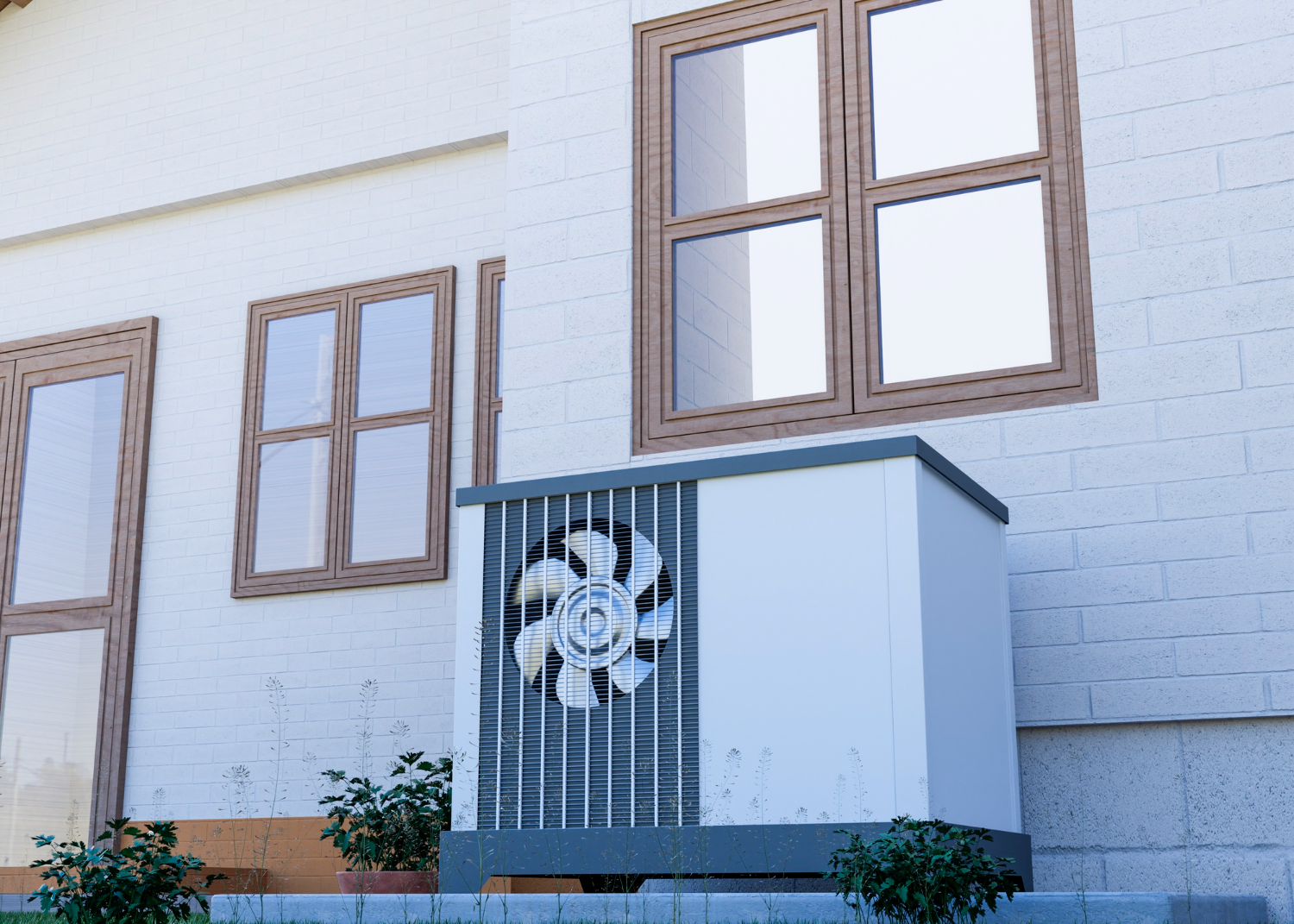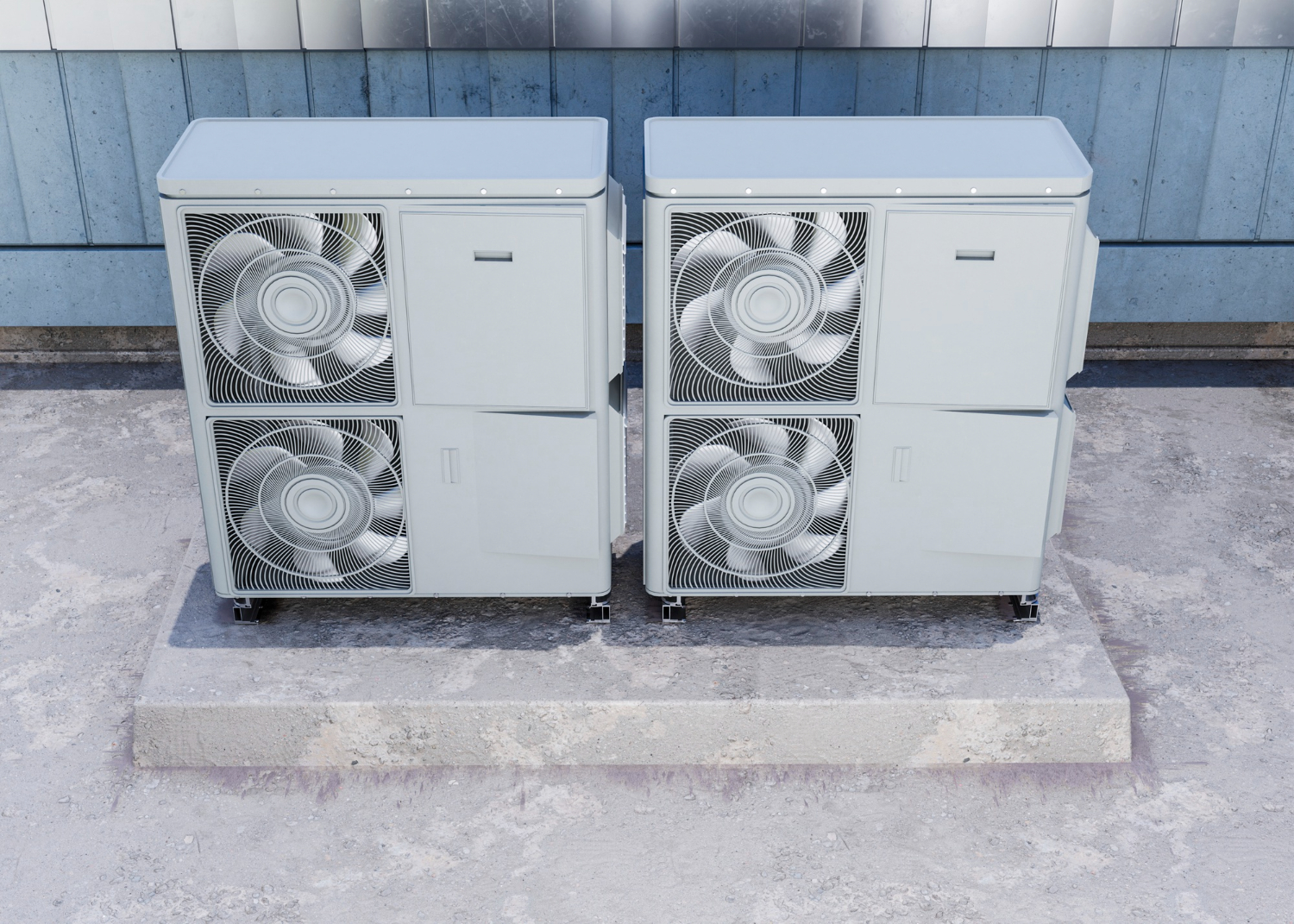Heating installation in new residential projects requires careful planning and execution to ensure efficiency and reliability. A well-installed heating system provides consistent comfort and minimizes energy costs, becoming an essential component of any home. Understanding the unique challenges and requirements of residential heating systems is key to achieving the best results.
Key Considerations for Heating Installation in Residential Projects
Several crucial factors dictate the success of heating installation in homes. System selection plays a vital role. Depending on the home’s size and specific heating needs, different systems—such as furnaces or heat pumps—may be more appropriate. Our professionals evaluate the best options to ensure the chosen system meets the home’s needs efficiently.
Proper placement of heating equipment is another significant consideration. Incorrect placement can lead to uneven heating, increased energy consumption, and unnecessary wear on the system. Strategic placement ensures that heat is distributed evenly throughout the home, providing comfort and efficiency.
Ventilation plays a critical role as well. A well-designed ventilation system works in tandem with the heating system to ensure good air quality and efficient performance. Properly installed ductwork and ventilation systems help reduce energy costs and improve the overall efficiency of the heating installation. Regular checks and maintenance of these components are necessary to sustain optimal performance.
Lastly, compliance with local building codes and regulations is a must. Adherence to these standards ensures safety and avoids future legal complications. Our professionals are well-versed in these regulations, ensuring that the heating installation meets all required standards.
Strategies to Enhance Efficiency in Heating Systems
Enhancing the efficiency of heating systems in residential projects involves several strategic measures. One key strategy is implementing regular maintenance routines. Consistent furnace service, including timely filter replacements and system checks, keeps the system performing at its best. Regular maintenance helps identify and fix minor issues before they escalate into significant problems requiring heating repair.
Utilizing modern technology can also boost efficiency. Installing programmable thermostats allows for better control of heating schedules, reducing energy waste. Advanced systems can be programmed to lower temperatures during non-occupancy hours and raise them just before the home is occupied.
Another effective strategy is investing in high-efficiency equipment. High-efficiency furnaces and heat pumps are designed to consume less energy while providing the same level of heating. Although the initial investment may be higher, the long-term savings in energy costs make it worthwhile.
Improving insulation is another critical strategy. Proper insulation reduces heat loss, allowing the heating system to operate more efficiently. This means the system doesn’t need to work as hard to maintain a comfortable temperature, extending its lifespan and reducing the need for frequent heating service and repairs.
By implementing these strategies, residential projects can achieve superior energy efficiency and reliable heating performance. This proactive approach not only ensures a comfortable environment but also significantly reduces operational costs.
Common Challenges and Solutions in Residential Heating Installation
Residential heating installation can encounter several challenges, but with the right approach, these issues can be effectively managed. One common challenge is integrating the heating system with the existing infrastructure. Older homes may have incompatible elements, requiring adjustments or upgrades. Our technicians are skilled in assessing and modifying existing systems to ensure seamless integration.
Another challenge is managing diverse heating needs within a single home. Different areas may require different temperatures or heating schedules. Zoning can address this issue by dividing the home into different zones with individually controlled thermostats. This solution helps provide targeted heating, improving both comfort and energy efficiency.
Budget constraints can also pose a problem. The initial investment for high-quality heating systems might be significant. However, the long-term benefits of efficient systems—such as lower operational costs and reduced need for frequent heating repairs—often justify the expense. Proper planning and phased implementation can help manage budget limitations effectively.
The complexity of residential heating systems can lead to operational issues. These systems often require specialized knowledge for correct installation and maintenance. Ensuring that our professionals conduct regular heating service helps monitor system performance and quickly address any issues, thereby maintaining optimal functionality.
The Role of Professionals in Ensuring Successful Heating Installation
The involvement of skilled professionals is crucial for the success of any residential heating installation. Our experts bring a wealth of experience and technical knowledge to each project, ensuring that every aspect of the installation is handled with precision.
One of the key roles our professionals play is conducting thorough assessments before installation. They evaluate the home’s structure, heating needs, and existing systems to design a customized installation plan. This ensures that the heating system chosen is the best fit for the specific requirements of the residential space.
During the installation process, our technicians follow best practices to ensure that the system is installed correctly. This includes precise placement of equipment, proper ductwork installation, and ensuring all connections are secure. A well-executed installation reduces the risk of future issues and enhances system efficiency.
Post-installation, our professionals offer ongoing support through regular heating service and maintenance. This helps identify potential problems early and conduct necessary repairs or adjustments. For instance, routine furnace service and periodic heat pump repair ensure that the system operates smoothly and reliably.
Our experts also keep track of industry standards and local regulations, ensuring that your residential heating installation meets all legal requirements. Their comprehensive approach guarantees that the heating system not only performs well but also adheres to safety and compliance standards.
Conclusion
Efficient heating installation in new residential projects requires careful planning, strategic execution, and the expertise of skilled professionals. Addressing key considerations, such as system selection and proper placement, and implementing strategies to enhance efficiency are essential steps. Facing and overcoming common challenges with informed solutions ensures that the heating installation meets the unique needs of the home.
The professionals at Bobby O’s HVAC Inc. play a crucial role in achieving successful heating installations. With thorough assessments, precise installation practices, and ongoing maintenance support, they ensure that your heating system operates efficiently and reliably.
For dependable heating installation in Setauket, trust the expertise of Bobby O’s HVAC Inc. Contact us today to learn more about how we can help you achieve optimal heating performance in your home.









